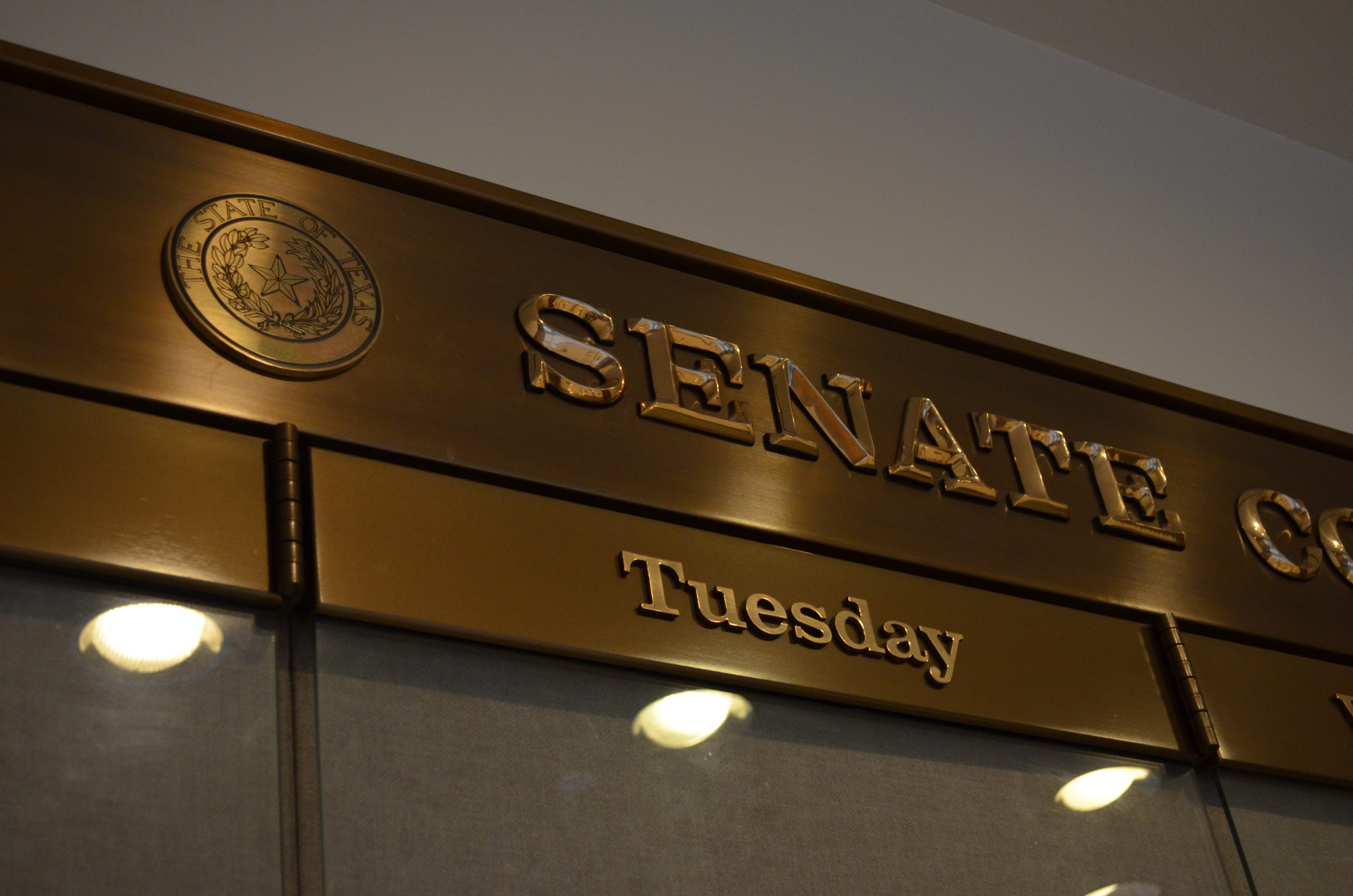The Senate Committee on Business and Commerce has released its interim report to the 89th legislature. The report covers electric market in Texas, insurance costs, AI, and noncompete agreements. See below for a spotlight on recommendations from the report.
Charge 1. Electricity Market Design
- If the PUC exercises the option to implement the PCM or a similar reliability program, it must adhere to the legislative guardrails as defined by House Bill 1500.
- The OPUC and IMM’s access to the data and ability to conduct thorough analyses is critical for ensuring transparency and accountability in market operations. The Legislature should consider providing OPUC with additional resources to enhance the agency’s data verification and analytics capabilities. This will better position OPUC to independently validate the impact of proposed changes to Texas consumers.
Charge 2. Texas Energy Fund
- Given the overwhelming response to the In-ERCOT Loan Program, the Legislature should appropriate the remaining $5 billion to fully capitalize the TEF at its intended $10 billion.
- The PUC’s TEF administrator and its contractor must ensure rigorous review of sponsor and project information, and identify any criteria for disqualification without delaying the opportunity for other 69 projects to participate in the TEF. Any project that is denied during the due diligence phase must be expeditiously replaced with another well-qualified application.
Charge 3. Innovative Power Generation
- Continued stakeholder engagement is needed to advance policies that thoroughly address core issues stalling nuclear deployment, including reducing lengthy regulatory hurdles, and bridging gaps between research and commercialization.
- Adopt battery decommissioning standards to address safety and logistical challenges associated with the end-of-life management of these systems.
- Explore educational programs and other ways to build a skilled workforce for all emerging technologies, ensuring that Texas remains a leader in energy innovation.
Charge 4. Transmitting Texas Power
- Continue assessing the development of new transmission projects in alleviating congestion and supporting growth, but prioritize greater accuracy in load forecasts and commitments from large loads, such as cryptocurrency mining and data centers, to ensure infrastructure investments align with substantiated growth.
- The PUC should complete an independent analysis of the direct and indirect costs associated with transitioning to 765 kV higher voltage transmission lines.
- Direct the PUC to increase transparency regarding the impact of new transmission costs on customer rates, including approved resiliency plans and interim cost recovery filings, by providing this information in an accessible and easy to understand format.
- Consider measures that cap or limit the percentage of transmission costs passed on to small consumers by ensuring that industries with significant electricity demands bear a fair portion of their actual costs.
- Authorize the PUC to establish standards for hardening poles, particularly in coastal and high-risk areas. These standards should consider preventative measures to extend the lifespan of poles, and levels of remediation or replacement for degraded infrastructure.
Charge 5. Managing Texas Sized Growth
- While any new regulations must preserve Texas’ business-friendly environment, the state should ensure grid regulators have visibility into large load profiles and behaviors, which could be achieved by enhancing existing registration requirements.
- Require large loads to offset their impact on the grid by adding on-site power systems or participating in programs to curtail electricity usage during peak demand periods.
Charge 6. Impact of Bitcoin Mining on the Texas Electric Grid
- The Legislature should further evaluate how cryptocurrency miners are profiting from conditions in the ERCOT market or acting as “energy traders,” and consider closing loopholes that allow these companies to leverage financial perks for private benefit.
- The Legislature should also consider enhancing reporting requirements to give the state greater knowledge of the ownership of cryptocurrency facilities and ensure these facilities do not pose a risk to the grid.
Charge 7. Addressing the Rising Cost of Insurance
- Evaluate organizational changes within TDI to enhance decision-making and facilitate better discussions with marketplace participants.
- Require TDI to monitor and analyze insurance carrier trends and thresholds regarding nonrenewals and coverage reductions.
- Implement guardrails to protect against unfair pricing practices, which could include, but is not limited to, rate filings and premiums assessed to policyholders.
- Support the efforts of both TDI and OPIC to improve notice to policyholders about rate changes, coverage reductions, and comparison-shopping tools.
Charge 8. Artificial Intelligence
- Create an Ethical Code of Conduct for state agencies that promotes accountability and responsible uses of AI systems. Direct DIR to set standards for certifying AI systems that contract with agencies.
- Direct each state agency to publish a biennial report detailing the AI systems deployed by the agency, including the data inputs and decision-making processes.
- Require deployers of AI systems and work products to disclose when and how the technology is being used.
- Require bias audits for all AI algorithms used in critical sectors, such as healthcare, financial services, employment, and insurance. This could include regular assessments to ensure AI systems are free from biases along with a public disclosure requirement for companies to share the results of these audits.
- Ensure individuals impacted by AI-driven decisions have the ability to appeal the decision and request a human review.
- Define the role of developers and deployers to distinguish liability in cases where AI systems cause harm.
- Enhance protections for representatives in the radio, television, music, and film industries to prevent the unauthorized commercial use of their identities.
Charge 9. Non-Compete Agreements
- Establish clear and consistent criteria for the enforcement of non-compete agreements in the healthcare industry to protect healthcare providers’ autonomy and freedom to provide care without undue interference.


